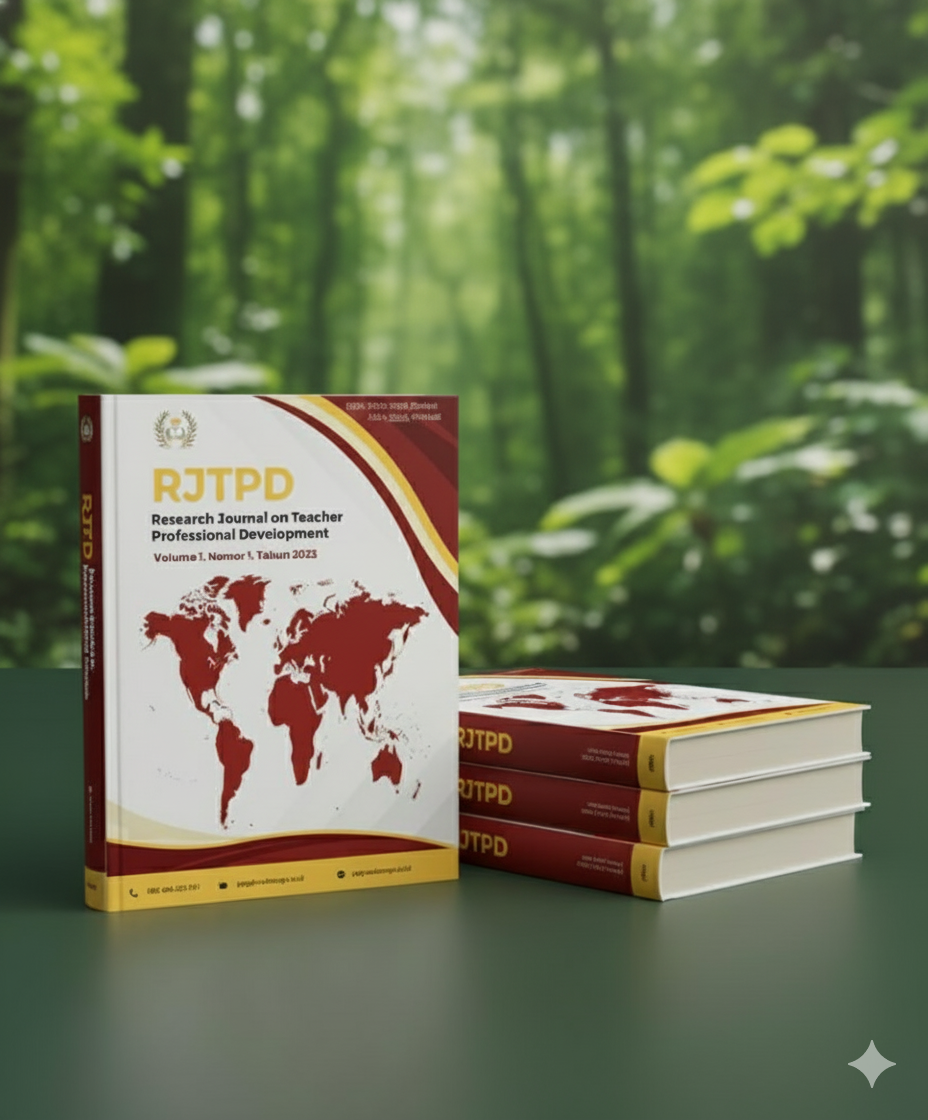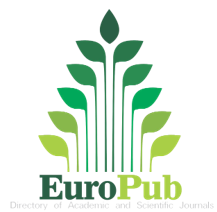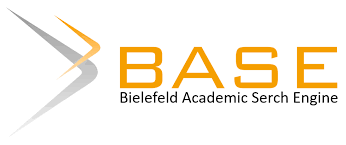Implementation of Problem Based Learning Model to Improve Conceptual Understanding and Active Participation of Students in Zakat Learning in Elementary Schools
DOI:
https://doi.org/10.21580/rjtpd.v3i02.24876Abstract
This research is motivated by the low learning outcomes of students in zakat material in grade V of SD Negeri Bedono 1 Sayung Demak, which shows the need for the implementation of a more innovative and contextual learning model. The purpose of the study is to analyze efforts to improve student learning outcomes through the application of the Problem Based Learning (PBL) model to zakat materials in the classroom. This research uses a qualitative-quantitative approach in the form of Class Action Research (PTK) which is carried out in two cycles, each consisting of planning, implementation, observation, and reflection. The research subjects were 30 students (18 males and 12 females). Data were collected through observation, interviews, and learning outcome tests, then analyzed in a comparative descriptive manner. The results showed a significant increase in student learning outcomes: the percentage of learning completeness increased from 70% in cycle I to 90% in cycle II, with average test scores rising from 70 to 85. In addition, students' activities and enthusiasm during learning have also increased. These findings prove that the PBL model is effective in increasing students' conceptual understanding and active participation in zakat materials. This research makes a practical contribution to Islamic religious education in primary schools by offering relevant, contextual, and problem-solving oriented learning strategies
Downloads
References
Arends, R. I. (2019). Learning to Teach (11th ed.). McGraw Hill.
Ausubel, D. P. (1968). Facilitating meaningful verbal learning in the classroom. The Arithmetic Teacher, 15(2), 126 132.
Azra, A. (2019). Pendidikan Islam: Tradisi dan Modernisasi Menuju Milenium Baru (Edisi Revisi). Kencana.
Braun, V., & Clarke, V. (2006). Using thematic analysis in psychology. Qualitative Research in Psychology, 3(2), 77–101.
British Educational Research Association (BERA). (2018). Ethical Guidelines for Educational Research (4th ed.).
Creswell, J. W., & Creswell, J. D. (2018). Research Design: Qualitative, Quantitative, and Mixed Methods Approaches (5th ed.). Sage.
Fraenkel, J. R., Wallen, N. E., & Hyun, H. H. (2019). How to Design and Evaluate Research in Education (10th ed.). McGraw Hill.
George, D., & Mallery, P. (2019). IBM SPSS Statistics 26 Step by Step: A Simple Guide and Reference (16th ed.). Routledge.
Henderson, L. (2021). Problem Based Learning in Teacher Education: International Perspectives. Springer.
Hidayat, T., Suryadi, D., & Turmudi, T. (2022). The effect of problem based learning on students’ mathematical problem solving ability: A meta analysis. Journal of Physics: Conference Series, 2193(1), 012045. https://doi.org/10.1088/1742 6596/2193/1/012045
Hidayat, T., Suryadi, E., & Mulyati, Y. (2022). The Effect of Problem Based Learning on Critical Thinking Skills in Elementary Science. Jurnal Pendidikan Dasar, 13(1), 45–58.
Hmelo-Silver, C. E. (2004). Problem based learning: What and how do students learn? Educational Psychology Review, 16(3), 235–266. https://doi.org/10.1023/B:EDPR.0000034022.16470.f3
Hmelo-Silver, C. E., & Barrows, H. S. (2006). Goals and strategies of a problem based learning facilitator. Interdisciplinary Journal of Problem Based Learning, 1(1), 21–39. https://doi.org/10.7771/1541 5015.1004
Kemendikbudristek. (2022). Panduan Implementasi Kurikulum Merdeka: Pendidikan Agama Islam dan Budi Pekerti. Kementerian Pendidikan, Kebudayaan, Riset, dan Teknologi.
Kemmis, S., McTaggart, R., & Nixon, R. (2014). The Action Research Planner: Doing Critical Participatory Action Research. Springer.
Krathwohl, D. R., Bloom, B. S., & Masia, B. B. (1964). Taxonomy of Educational Objectives: The Classification of Educational Goals. Handbook II: Affective Domain. David McKay.
Ma’arif, S. (2020). Integrasi nilai nilai zakat dalam pendidikan karakter di sekolah dasar. Jurnal Pendidikan Islam, 9(1), 45–62. https://doi.org/10.21093/jpi.v9i1.2345
Mills, G. E. (2017). Action Research: A Guide for the Teacher Researcher (6th ed.). Pearson.
Nurhayati, D., & Suryadi, A. (2021). Transformative Pedagogy in Islamic Religious Education: Fostering Social Awareness through Contextual Learning. Al Tadzkiyyah: Jurnal Pendidikan Islam, 12(2), 112–125.
Nurhayati, E., & Fitriani, Y. (2022). Implementasi model Problem Based Learning dalam pembelajaran PAI: Tantangan dan peluang. Tarbawi: Jurnal Pendidikan Islam, 18(2), 112–128.
Piaget, J. (1952). The Origins of Intelligence in Children. International Universities Press.
Prasetyo, A. D., & Wijayanto, A. (2021). Pembelajaran kontekstual berbasis nilai dalam pendidikan agama Islam di sekolah dasar. Jurnal Tarbiyah, 28(1), 78–95. https://doi.org/10.15575/tar.v28i1.12345
Rahman, F., & Hadi, S. (2021). Analisis implementasi pembelajaran PAI berbasis hafalan di sekolah dasar. Al Ishlah: Jurnal Pendidikan, 13(2), 321–330. https://doi.org/10.35445/alishlah.v13i2.1021
Saputra, Y. (2020). Dominasi metode ceramah dalam pembelajaran agama Islam dan dampaknya terhadap motivasi belajar siswa. Jurnal Ilmiah Pendidikan Pancasila dan Kewarganegaraan, 5(2), 145–154.
Sari, D. P., & Suryani, N. (2023). Efektivitas Problem Based Learning terhadap kemampuan berpikir kritis siswa sekolah dasar. Jurnal Basicedu, 7(1), 210–221. https://doi.org/10.31004/basicedu.v7i1.3987
Trilling, B., & Fadel, C. (2009). 21st Century Skills: Learning for Life in Our Times. Jossey Bass.
Vygotsky, L. S. (1978). Mind in Society: The Development of Higher Psychological Processes. Harvard University Press.
Widodo, A., & Purnomo, E. (2020). Integrating Islamic values in science education through problem based learning: A case study in Indonesian elementary schools. International Journal of Instruction, 13(3), 645–660.
Wood, D., Bruner, J. S., & Ross, G. (1976). The role of tutoring in problem solving. Journal of Child Psychology and Psychiatry, 17(2), 89–100. https://doi.org/10.1111/j.1469 7610.1976.tb00381.x
Zainuddin, Z., Prasetyo, A. D., & Sari, M. (2021). Reorientasi pembelajaran PAI dari hafalan ke pemahaman kontekstual. Jurnal Pendidikan Agama Islam Indonesia, 5(1), 1–15. https://doi.org/10.15575/jpaii.v5i1.11223
Zuber-Skerritt, O. (2011). Action learning and action research: Shared meanings and different traditions. Educational Action Research, 19(1), 1–15.
Downloads
Published
Issue
Section
License
Copyright (c) 2025 Kholid Asy'ari

This work is licensed under a Creative Commons Attribution-NonCommercial-ShareAlike 4.0 International License.
The copyright of the received article shall be assigned to the journal as the publisher of the journal. The intended copyright includes the right to publish the article in various forms (including reprints). The journal maintains the publishing rights to the published articles. Authors are allowed to use their articles for any legal purposes deemed necessary without written permission from the journal with an acknowledgment of initial publication to this journal.
















